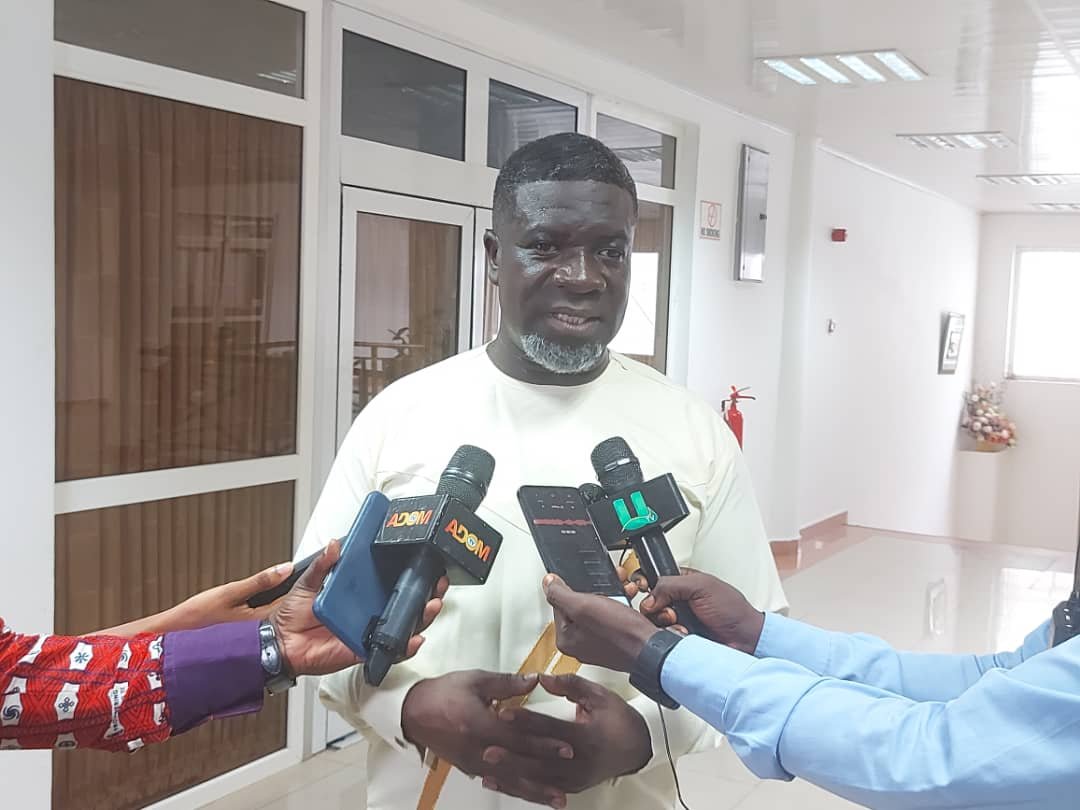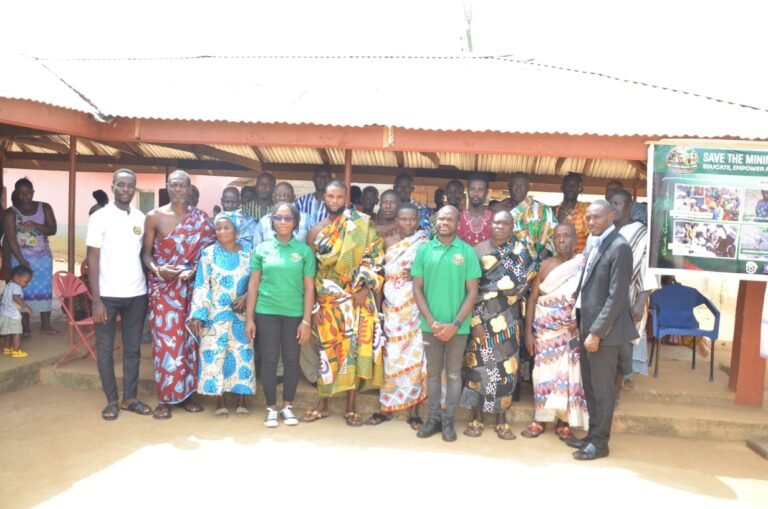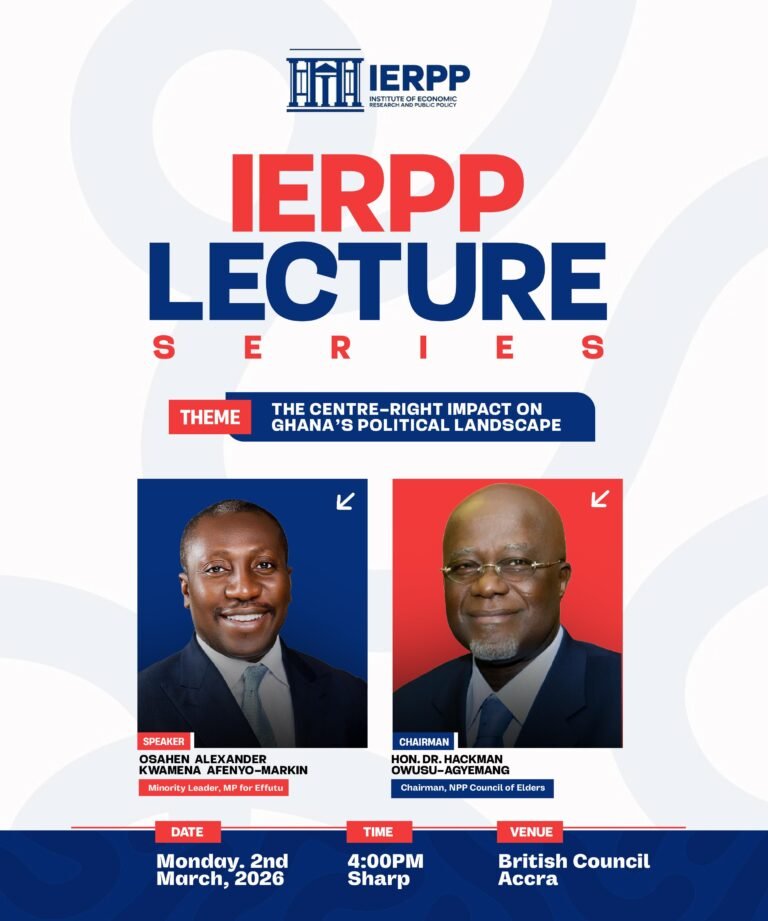
Mr David Prah, Deputy Director General of Operations, Ghana TVET

A Deputy Director General of Operations at the Ghana Technical and Vocational Education and Training (TVET) Service, David Prah, has described the National TVET Qualifications Framework (NTVETQF) as the best and premier system of its kind in the entirety of Africa.
He said this during the Ghana TVET Service Training Workshop for Industrial Liaison Officers yesterday at GIMPA Executive Conference Centre in Accra organised in partnership with the World University Service of Canada (WUSC).
Mr. Prah highlighted the framework’s instrumental role in shaping a highly skilled workforce that meets the demands of modern industries and fosters economic growth.
He attributed the success of the NTVETQF to rigorous planning, strategic partnerships, and a comprehensive approach to skills development.
The NTVETQF was administered by the Commission for Technical and Vocational Education and Training (CTVET), aims to improve and increase the different pathways for TVET graduates. It provides clear entry and exit points for learners and successful graduates.
Objectives
On the objectives guiding the creation of a National TVET Qualification Framework, he said it aimed at bringing all the post-basic occupation-oriented qualifications into a unified qualification framework
He added that it would facilitate access to further education and training for individuals in technical and vocational occupations, improve product and service quality by ensuring uniform standards of practice in the trades and professions
Mr Prah stressed that it has the objective of promoting and facilitating access to life-long learning for all, especially operators in the informal sector of the economy.
“These new qualifications are designed to be certificated at eight levels: National Proficiency I, National Proficiency II, National Certificate I, National Certificate II, Higher National Diploma (HND), Bachelor of Technology (B. Tech) Master of Technology (M. Tech) and Doctor of Technology (D. Tech),” he elaborated.
The Director of Operations said the workshop will bridge the gap between technical education and the demands of a rapidly evolving job market saying it is vital for the development of the nation, especially in terms of job creation and boosting the economy.
“With the government’s ambitious ‘One District, One Factory’ (1D1F) programme, the need for skilled technical human resources to manage and operate these factories has become more evident than ever. The government is building 1D1F, but where are the technical human resources to take charge of these factories?” he questioned.
Transformation
Mrs Akua Appiah Wiafe-Adofo, the Project Director of the Innovation in Non-Traditional Vocational Education and Skills Training (INVEST), led by World University Service of Canada (WUSC), has expressed her enthusiasm for the project’s transformative potential in bridging the gender gap and equipping young people with market-relevant skills.
The INVEST project, an acronym for “Innovation and Non-Traditional Vocational Education and Skill Training,” seeks to address the barriers that often prevent young women from accessing quality vocational education and training
She added that “while our initial focus is on empowering young women to excel in fields that have been traditionally male-dominated, we understand that the quest for quality education and practical skills knows no gender bounds. Our goal is not to create gender-based divisions, but to provide equal and exceptional educational opportunities for all.”
“We are thrilled to witness the remarkable strides that have been made within the TVET landscape, thanks to the dedication of the government and various stakeholders. As a team, we firmly believe that our collaboration will turn the tide and equip more young people with the skills they need to thrive,” she noted.
The event was to build the capacities of the Service Industrial Liaison Officers from all Technical Institutions across the Country, Regional Officers and Headquarters Staff.





